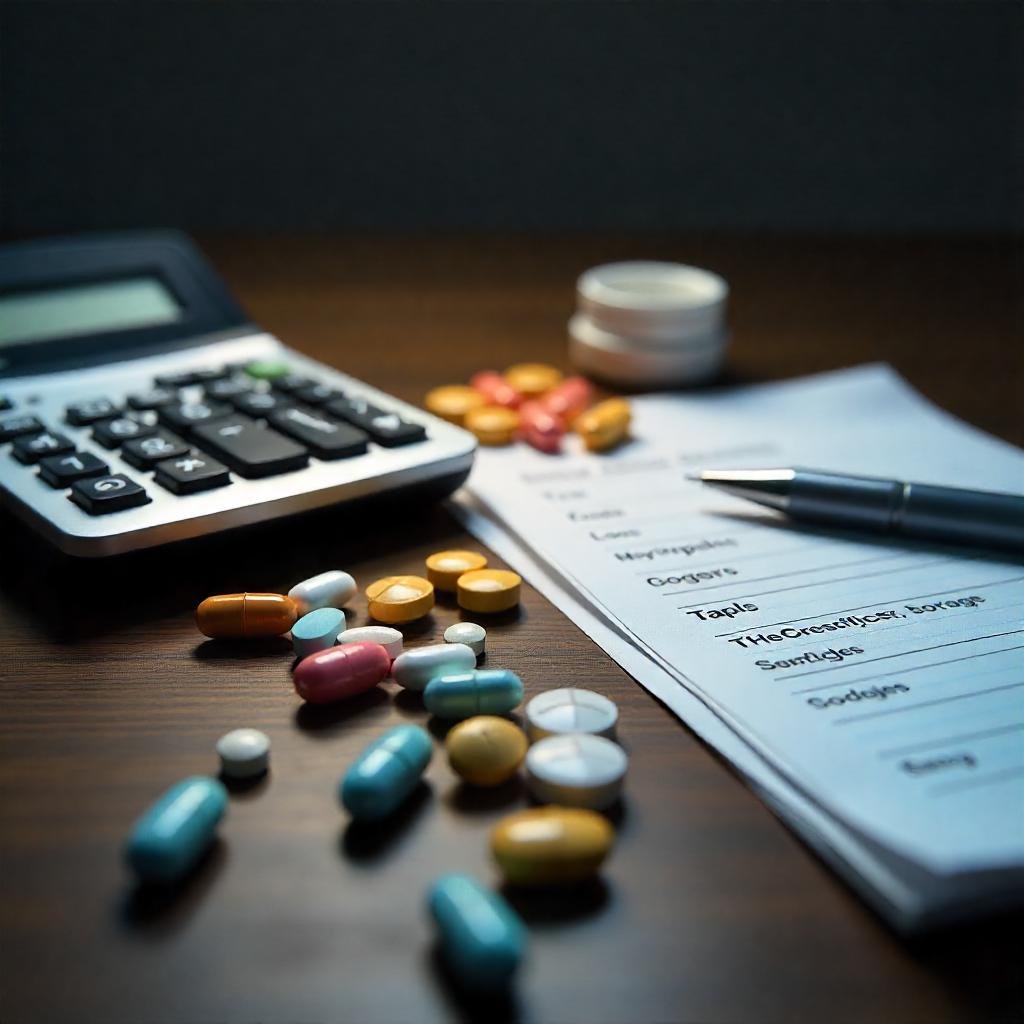Ace Your Dosage Calculation Exam: Tips, Tricks, and Practice Strategies

Table of Contents
- Introduction
- Understanding the Dosage Calculation Exam
- Key Concepts in Dosage Calculations
- Common Types of Dosage Calculation Questions
- Preparing for Your Dosage Calculation Exam
- Practice Makes Perfect: Sample Questions
- Test-Taking Strategies
- Resources for Additional Practice
- Conclusion
Introduction
Are you feeling anxious about your upcoming dosage calculation exam? You’re not alone. Many nursing students find this aspect of their education challenging, but with the right preparation and strategies, you can approach your exam with confidence. In this comprehensive guide, we’ll explore everything you need to know about acing your dosage calculation exam, including tips for success and where to find additional practice resources.
Understanding the Dosage Calculation Exam
The dosage calculation exam is a crucial component of nursing education, designed to ensure that future healthcare professionals can accurately calculate and administer medications. This exam typically covers various aspects of medication administration, including:
- Conversion between different units of measurement
- Calculating dosages based on patient weight
- Determining infusion rates for intravenous medications
- Adjusting dosages for different routes of administration
Mastering these skills is essential for patient safety and effective healthcare delivery. Let’s dive deeper into the key concepts you’ll need to understand for your dosage calculation exam.

Key Concepts in Dosage Calculations
To excel in your dosage calculation exam, you’ll need a solid grasp of the following concepts:
- Units of Measurement: Familiarize yourself with common units used in medication dosing, such as milligrams (mg), micrograms (mcg), milliliters (mL), and units (U).
- Conversion Factors: Learn how to convert between different units, such as:
- 1 gram (g) = 1000 milligrams (mg)
- 1 milligram (mg) = 1000 micrograms (mcg)
- 1 liter (L) = 1000 milliliters (mL)
- Basic Math Skills: Refresh your knowledge of fractions, decimals, and percentages, as these are fundamental to dosage calculations.
- Formulas: Memorize essential formulas, including:
- Dosage calculation formula: Desired dose ÷ Stock dose × Stock volume
- IV drip rate formula: Volume to be infused ÷ Time × Drop factor
- Rounding Rules: Understand when and how to round numbers in medication calculations.
By mastering these concepts, you’ll be well-prepared to tackle the various types of questions you may encounter on your dosage calculation exam.
Common Types of Dosage Calculation Questions
Your exam may include several types of questions, each focusing on different aspects of medication administration. Here are some common question types you should be prepared for:
- Weight-Based Dosing: Calculate the correct dosage based on a patient’s weight (e.g., mg/kg).
- Tablet and Capsule Calculations: Determine the number of tablets or capsules to administer based on the prescribed dose and available medication strength.
- Liquid Medication Calculations: Calculate the volume of liquid medication to administer based on the prescribed dose and concentration.
- Intravenous (IV) Calculations: Compute infusion rates, drip rates, and total infusion times for IV medications.
- Reconstitution Problems: Calculate the amount of diluent needed to reconstitute a powdered medication to the desired concentration.
- Percentage and Ratio Strength Problems: Determine medication doses based on percentage or ratio strength solutions.
Familiarizing yourself with these question types will help you feel more confident when facing your dosage calculation exam.

Preparing for Your Dosage Calculation Exam
Now that we’ve covered the basics, let’s explore some effective strategies to prepare for your exam:
- Review Basic Math Skills: Brush up on your arithmetic, including addition, subtraction, multiplication, division, and working with fractions and decimals.
- Practice Regularly: Set aside time each day to work on dosage calculation problems. Consistent practice is key to improving your skills and speed.
- Use Multiple Resources: Utilize textbooks, online resources, and practice exams to expose yourself to a variety of question types and difficulty levels.
- Create Flashcards: Make flashcards for important formulas, conversion factors, and common medication dosages to aid memorization.
- Form Study Groups: Collaborate with classmates to work through problems together and explain concepts to one another.
- Simulate Exam Conditions: Practice under timed conditions to improve your speed and accuracy under pressure.
- Seek Help When Needed: Don’t hesitate to ask your instructors or tutors for clarification on challenging concepts.
By incorporating these strategies into your study routine, you’ll be well-prepared for your dosage calculation exam.
Practice Makes Perfect: Sample Questions
To help you get started, here are a few sample dosage calculation questions to practice:
- The doctor orders Amoxicillin 250 mg PO TID for a child. The label on the bottle says 125 mg/5 mL. How many mL will you give the child for each dose?
- A patient is prescribed Heparin 1000 units/hour IV. The medication comes in a concentration of 25,000 units/250 mL. What should the infusion pump be set at in mL/hour?
- The physician orders Lasix 40 mg IV push. The vial contains 100 mg/10 mL. How many mL will you administer?
Try solving these problems on your own before checking the answers. Remember, the key to success is consistent practice!
Test-Taking Strategies
On the day of your dosage calculation exam, keep these strategies in mind:
- Read Questions Carefully: Pay attention to units of measurement and any specific instructions.
- Show Your Work: Write out your calculations step-by-step to catch any errors and earn partial credit if needed.
- Use Estimation: Quickly estimate the answer to check if your calculated result is reasonable.
- Manage Your Time: Don’t spend too much time on any single question. If you’re stuck, move on and come back later.
- Double-Check Your Answers: If time allows, review your work to catch any careless mistakes.
- Stay Calm: Take deep breaths and remind yourself that you’ve prepared well for this exam.
By applying these strategies, you’ll be able to approach your dosage calculation exam with confidence and composure.

Resources for Additional Practice
To further enhance your preparation, consider exploring these resources:
- Online Practice Exams: Websites like ACE Nursing Exam offer free NCLEX practice exams that often include dosage calculation questions.
- Textbooks: Many nursing textbooks include practice problems and explanations for dosage calculations.
- Mobile Apps: Look for apps specifically designed for dosage calculation practice, available on both iOS and Android platforms.
- YouTube Tutorials: Search for video explanations of dosage calculation concepts and problem-solving techniques.
- Nursing School Resources: Check if your school offers additional study materials or practice sessions for dosage calculations.
Remember, the more you practice, the more comfortable and proficient you’ll become with dosage calculations.
Conclusion
Mastering dosage calculations is a critical skill for any aspiring nurse. By understanding the key concepts, practicing regularly, and utilizing effective study strategies, you can approach your dosage calculation exam with confidence. Remember that this exam is not just about passing a test—it’s about ensuring you can provide safe and accurate medication administration to your future patients.
Keep practicing, stay focused, and believe in your abilities. With dedication and the right approach, you’ll be well-prepared to ace your dosage calculation exam and take an important step forward in your nursing career.
Good luck, and happy studying!
